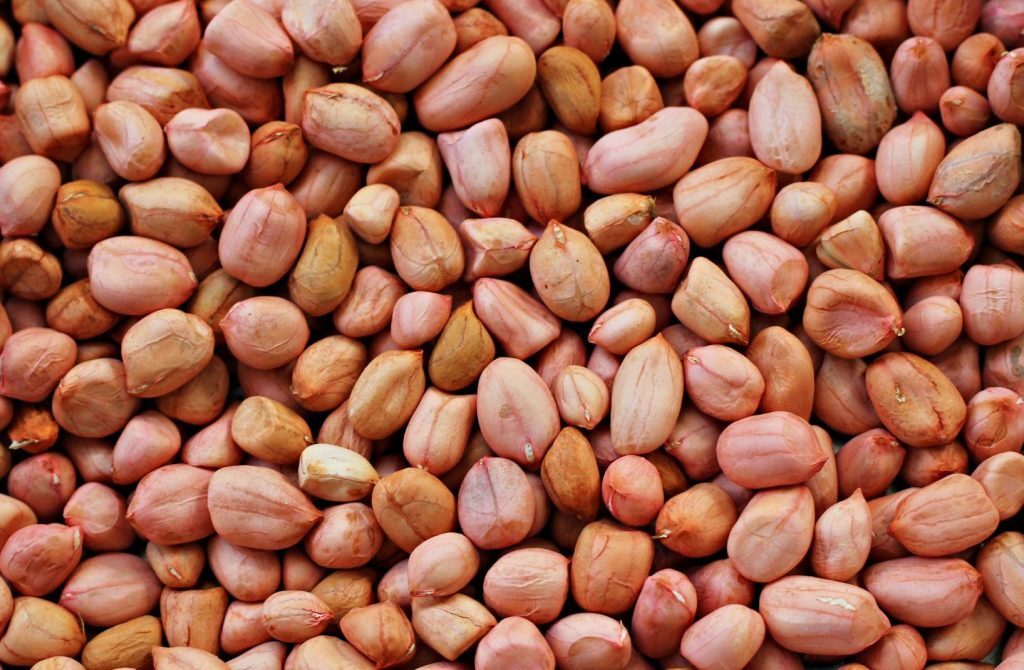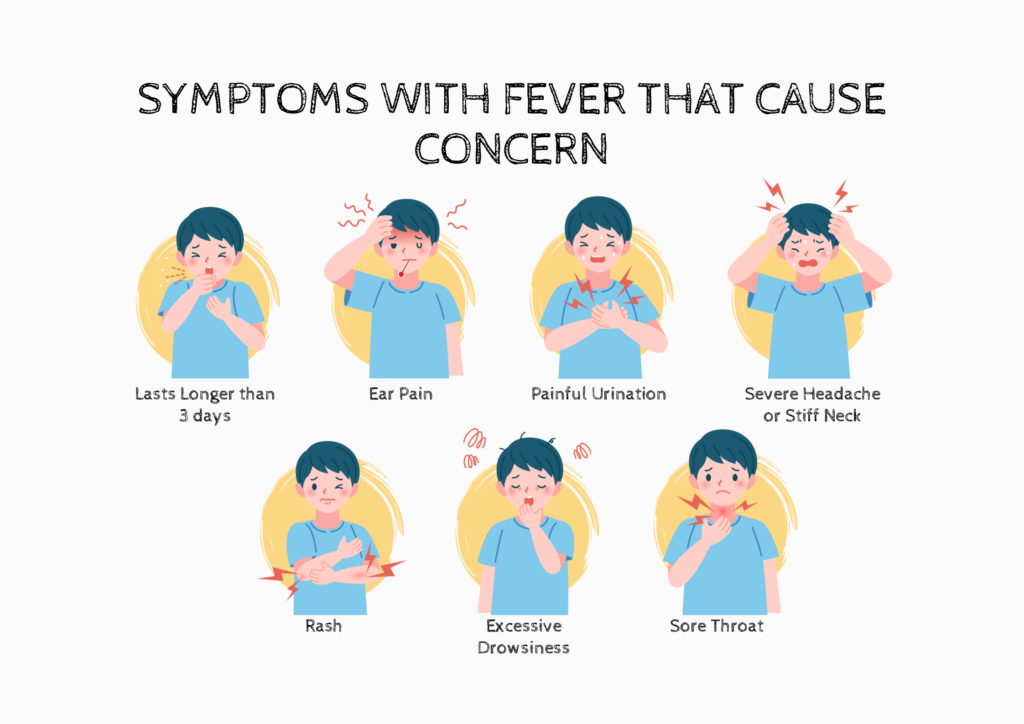Peanuts, also known as groundnuts, are not only a popular snack but also a rich source of essential nutrients. Despite being commonly associated with nuts, peanuts are actually legumes, belonging to the same family as beans and lentils. This article delves into the nutrition facts and health benefits of peanuts, highlighting why they should be a staple in your diet.
Nutrition Facts
Peanuts are incredibly nutritious and provide a wide array of nutrients in a small serving. Here is the nutritional breakdown of a 1-ounce (28 grams) serving of raw peanuts:
- Calories: 161
- Protein: 7.3 grams
- Fat: 14 grams
- Saturated Fat: 1.9 grams
- Monounsaturated Fat: 6.9 grams
- Polyunsaturated Fat: 4.4 grams
- Carbohydrates: 4.6 grams
- Fiber: 2.4 grams
- Sugars: 1.1 grams
- Vitamins:
- Vitamin E: 2.4 mg (12% of the Daily Value)
- Niacin (Vitamin B3): 4.4 mg (22% of the DV)
- Folate (Vitamin B9): 66 μg (16% of the DV)
- Minerals:
- Magnesium: 50 mg (12% of the DV)
- Phosphorus: 107 mg (11% of the DV)
- Potassium: 200 mg (6% of the DV)
- Zinc: 0.9 mg (6% of the DV)
Health Benefits
- Rich in Protein: Peanuts are an excellent source of plant-based protein, which is crucial for muscle building, repair, and overall growth. The high protein content makes peanuts an ideal snack for vegetarians and vegans.
- Heart Health: Peanuts are rich in monounsaturated and polyunsaturated fats, which are beneficial for heart health. These healthy fats help reduce bad cholesterol (LDL) levels and increase good cholesterol (HDL) levels, thereby lowering the risk of heart disease.
- High in Antioxidants: Peanuts contain antioxidants such as resveratrol, p-coumaric acid, and phytosterols. These antioxidants help combat oxidative stress in the body, reducing the risk of chronic diseases like cancer and heart disease.
- Weight Management: Despite being high in calories, peanuts can aid in weight management. The protein and fiber content in peanuts promote satiety, reducing overall calorie intake. Studies have shown that regular peanut consumption is linked to lower body weight.
- Blood Sugar Control: Peanuts have a low glycemic index (GI), meaning they cause a slow and steady rise in blood sugar levels. This makes them an excellent snack for people with diabetes or those looking to control their blood sugar levels.
- Rich in Nutrients: Peanuts are packed with essential vitamins and minerals, such as vitamin E, magnesium, phosphorus, and folate. These nutrients play vital roles in maintaining overall health, including bone health, energy production, and immune function.
- Brain Health: The niacin and vitamin E in peanuts are known to support brain health. Niacin helps prevent cognitive decline, while vitamin E protects the brain from oxidative damage.
- Digestive Health: The fiber content in peanuts aids in digestion and promotes a healthy gut. Fiber helps in regular bowel movements and prevents constipation.
Ways to Enjoy Peanuts
There are numerous ways to incorporate peanuts into your diet:
- As a Snack: Enjoy a handful of raw or roasted peanuts as a nutritious snack.
- Peanut Butter: Spread peanut butter on whole-grain toast, add it to smoothies, or use it as a dip for fruits and vegetables.
- Cooking: Use peanuts in stir-fries, salads, or as a topping for yogurt and oatmeal.
- Baking: Add peanuts to your baking recipes, such as cookies, muffins, and granola bars.
Potential Allergies and Precautions
While peanuts offer numerous health benefits, they are also a common allergen. Peanut allergies can cause severe reactions, including anaphylaxis, which can be life-threatening. It’s important for individuals with peanut allergies to avoid peanuts and products containing peanuts.
Additionally, peanuts can sometimes be contaminated with aflatoxins, toxic compounds produced by certain molds. Consuming high levels of aflatoxins can be harmful to health. To minimize the risk, store peanuts in a cool, dry place and check for signs of mold before consumption.
Conclusion
Peanuts are a highly nutritious food that offers a multitude of health benefits. From supporting heart health to aiding in weight management and providing essential nutrients, peanuts can be a valuable addition to your diet. However, it’s important to be mindful of potential allergies and ensure proper storage to maximize their benefits. Enjoy peanuts in various forms and reap the health rewards they offer.





